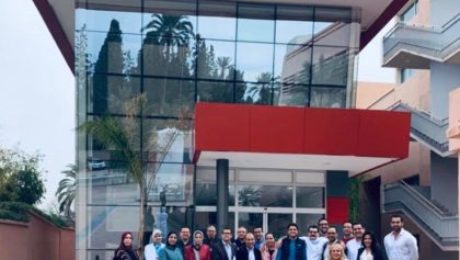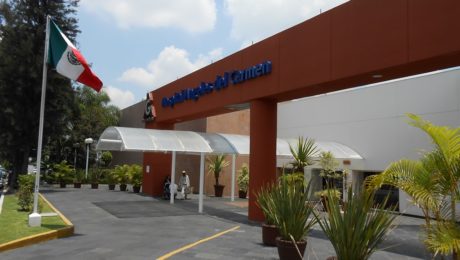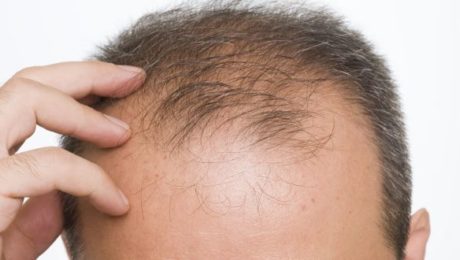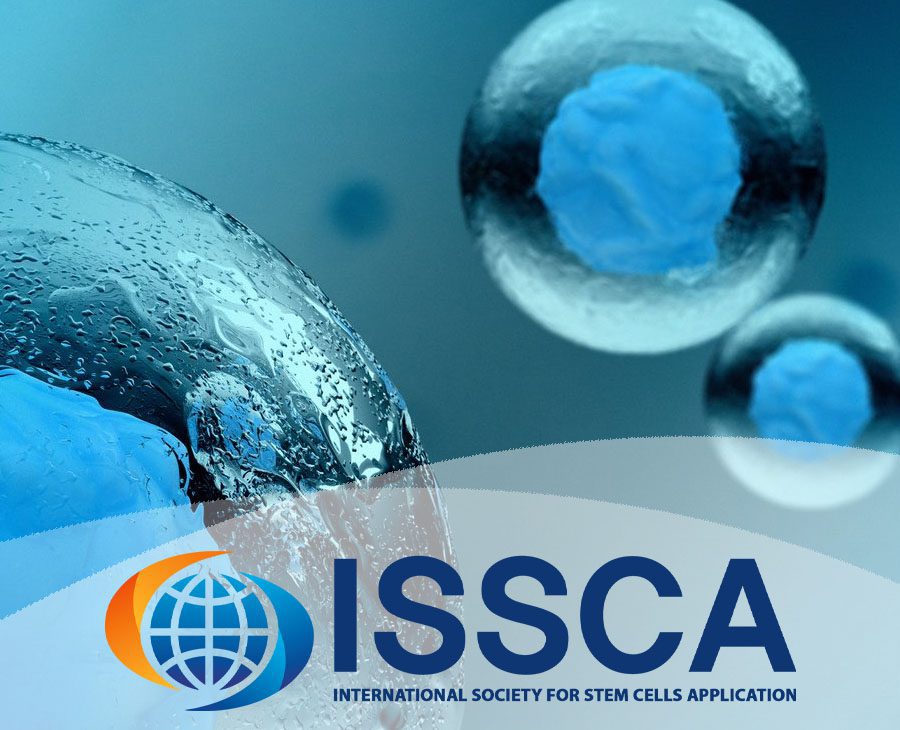ISSCA Announces New Buenos Aires Symposium
The International Society of Stem Cell Applications (ISSCA) has hereby announced the date of it’s seventh Symposium of Regenerative Medicine. As before, the organization hopes to bring together a network of regenerative medicine practitioners from all over the world to foster a growth of knowledge among them. It will go over a wide range of topics related to regenerative medicine, chiefly among them will be the response of all levels of regenerative medicine research and practice in the COVID-19 pandemic, as well as what the future looks like for the field as a result of it. In addition to this, the symposium will also cover breakthroughs in the field, new treatment options and technological developments that are now available to both doctors and patients.
Cellular Therapies During and After the Pandemic
Cellular therapies have been an invaluable asset in managing the largest pandemic in modern history. This has been evidenced by the use of Mesenchymal cells, along with other growth factors and types of cells, to treat respiratory failure and manage some of the complications induced by exposure to COVID-19. This has resulted in accelerated pathways for regulatory approval and increased funding for new regenerative medicine-based clinical trials.
We are living in a unique time for regenerative medicine, as advancements are being made month after month, year after year at a rapid, exponential rate. Keeping track of the latest advancements in this research and development, and the medical protocols that occur as a result, is critical to safeguarding lives all over the world. Every medical society’s purpose is, primarily, to promote the growth of both their members and the field that they operate in. The International Society for Stem Cell Applications (ISSCA), strives to do just that. In the interest of designing the future of cellular therapies in a post-pandemic world, ISSCA invites pioneers of the field from around the world to form and share in a platform of experiences, knowledge, and progress.
Stem Cells Group to Host Regenerative Medicine Symposium in Buenos Aires, Argentina November 28th
After a period of silence brought about by the global COVID-19 pandemic, the Global Stem Cells Group (GSCG) is prepared to begin bringing medical professionals together by hosting a Regenerative Medicine Symposium in Buenos Aires, Argentina. The Symposium will take place at the Hotel Panamericano, Buenos Aires, on the 28th of November.
The Buenos Aires symposium will feature a wide variety of educational resources, including lectures and demonstrations, as well as product information. All of this is aimed at doctors that are looking to incorporate regenerative medicine into their practices. Industry experts will be on hand to impart the latest information on the newest compounds in the allogeneic stem cell market, including exosomes, amniotic fluid compounds, and umbilical cord blood products. Allogeneic compounds have steadily been increasing in popularity within the field of regenerative medicine, and this is due to their increased safety and treatment efficacy as research has evolved. With this in mind, GSCG representatives will be on hand to give physicians the opportunity to learn more about these popular treatment solutions and how they can be utilized in their own practices.
ISSCA CEO Benito Novas had this to say about the upcoming event: “We’ve barely even scratched the surface of potential for regenerative medicine, which is why it’s so important that we collectively gather and learn about what we’ve done thus far. This is a South
American congress that will witness some of the greatest regenerative doctors of our time
giving once-in-a-lifetime addresses to those in attendance.”
Among these speakers are Drs. Damian Siano, Silvina Pastrana, and Maritza Novas. Dr. Siano will look specifically at sports injuries, and draw on his experience as a sports medicine specialist aiding professional athletes in the world today. Dr. Pastrana, the Medical Director of the Buenos Aires Stem Cells Center, will speak about how stem cells can help to assuage aesthetic conditions. Dr. Novas, an ISSCA Fellow in Cell Therapy and Tissue Engineering, will look at the fundamentals of stem cell biology and their clinical applications. She will cover a broad range of topics concerning MSCs during their transition from bench-side to bedside.
In addition to the wide array of educational sessions offered, the Buenos Aires symposium will also provide a wide array networking and social opportunities for those physicians in attendance. To learn more about ISSCA’s upcoming Buenos Aires Symposium, or to register for the event, visit us at: https://www.issca.us/
About ISSCA
The International Society for Stem Cells Applications (ISSCA) is a multidisciplinary community of scientists and physicians, all of whom aspire to treat diseases and lessen human suffering through advances in science, technology, and the practice of regenerative medicine. Incorporated under the Republic of Korea as a non-profit entity, the ISSCA is focused on promoting excellence and standards in the field of regenerative medicine.
ISSCA bridges the gaps between scientists and practitioners in Regenerative Medicine.
Their code of ethics emphasizes principles of morals and ethical conducts.
At ISSCA, their vision is to take a leadership position in promoting excellence and setting standards in the regenerative medicine fields of publication, research, education, training, and certification. ISSCA serves its members through advancements made to the specialty of regenerative medicine. They aim to encourage more physicians to practice regenerative medicine and make it available to benefit patients both nationally and globally.
For more information, please visit https://www.issca.us/ or send an email to info@stemcellsgroup.com
- Published in News
Argentina, Buenos Aires. October 12, 2019
- Published in Past Events
Boston, Massachusetts, USA, April 06. 2019
- Published in Past Events
Irvine, California, USA, March 09. 2019
- Published in Past Events
Global Stem Cells Group Collaborates with Guadalajara Hospital Angeles del Carmen
ISSCA’s training assists hospital in developing better protocols for gynecological treatments
MIAMI LAKES, Florida—The International Society for Stem Cell Application, a multi-disciplinary community of scientists and physicians collaborating to treat diseases and lessen human suffering through science, technology, and regenerative medicine, traveled to Guadalajara, Mexico in early February to collaborate with area physicians on how to utilize advancements in stem cell research and technology to find new solutions to health issues and concerns.
During ISSCA’s visit to Hospital Angeles del Carmen, physicians with the group partnered with Dr. Norma Patricia Ramos, director of the hospital’s gynecological department. During the two-day visit, ISSCA’s researchers and physicians provided valuable training and guidance on how stem cells can be used to develop better protocols for treating vaginal stenosis.
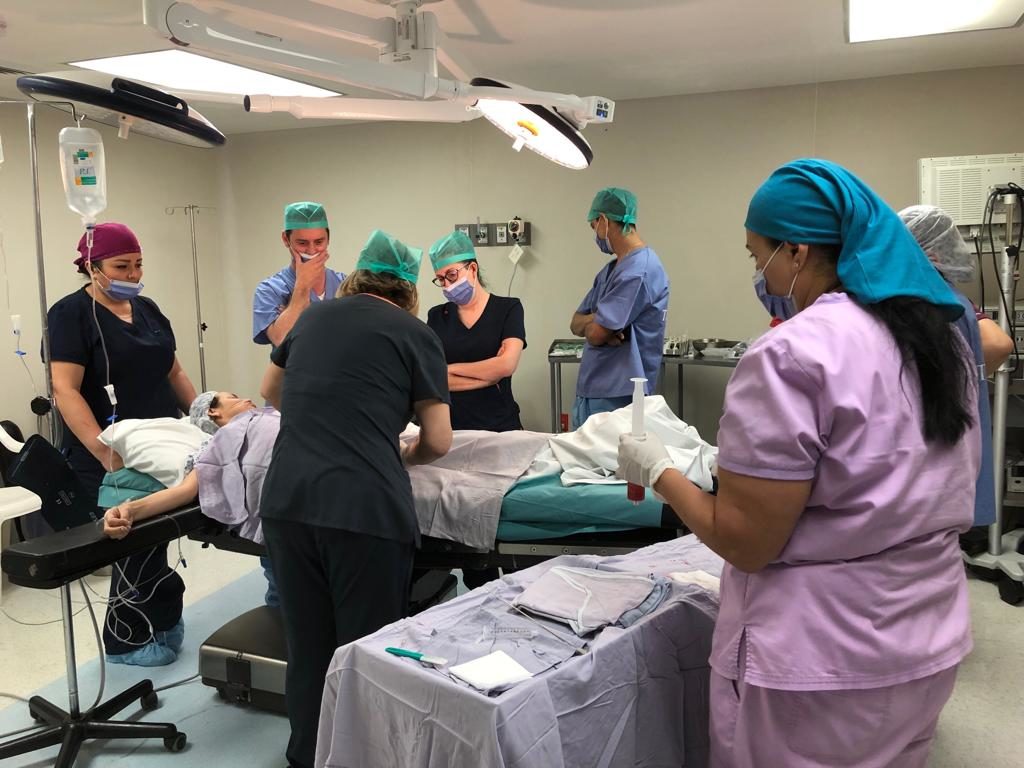
Vaginal stenosis is a condition that causes narrowing and/or loss of flexibility of the vagina and is a side effect of radiotherapy and/or genital surgery. It is often also accompanied by dryness and loss of resiliency of scar tissue.
The group reviewed new and effective treatment protocols available through stem cell therapies, including combining traditional CO2 laser treatments with stem cells harvested from adipose tissue.
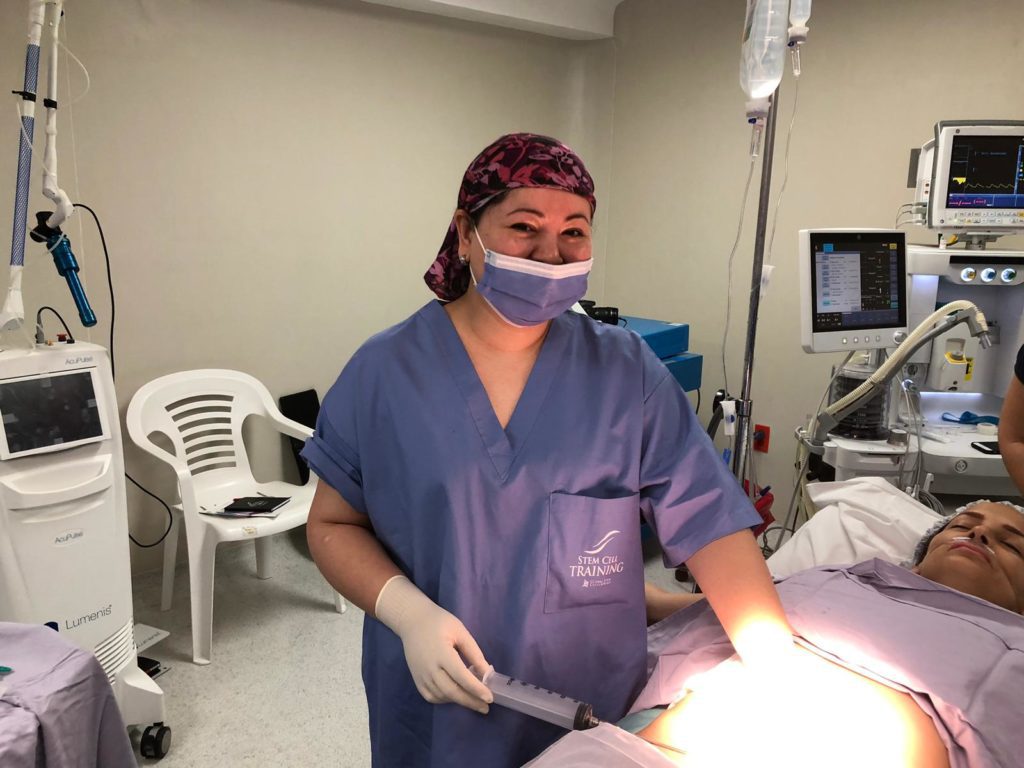
The group also worked with Dr. Ramos and her team on new stem cell protocols to help women who have tried in vitro fertilization to get pregnant but have not experienced success due to a lack of ovarian reserves. The ISSCA group shared new research on the viability of utilizing stem cells from adipose tissue or bone marrow and reintegrating it into the ovaries using a laparoscopy with the goal of increasing ovarian reserves and increasing chances of pregnancy. Poor ovarian reserve (POR) is critical limiting factor for the success of any treatment modality for infertility, and new stem cell treatments provide a promising treatment protocol in increasing the quantity and quality of oocytes in women of reproductive age.
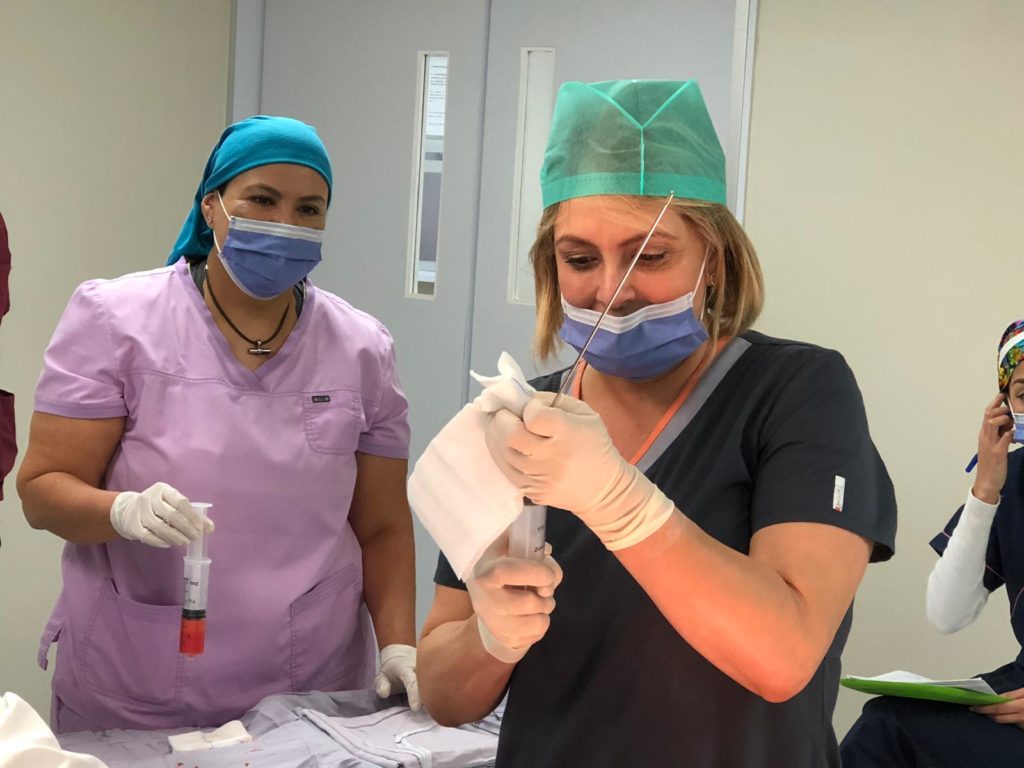
ISSCA is committed to partnering with physicians and researchers worldwide who have a vested interest in finding new solutions to improve treatments for any conditions. The group has an upcoming trip to Buenos Aires to partner with orthopedic doctors to discuss opportunities for stem cell therapies to improve treatment protocols in the field of orthopedics.
To learn more about ISSCA, visit https://www.issca.us/.
About ISSCA:
The International Society for Stem Cells Applications (ISSCA) is a multidisciplinary community of scientists and physicians, all of whom aspire to treat diseases and lessen human suffering through advances in science, technology, and the practice of regenerative medicine. Incorporated under the Republic of Korea as a non-profit entity, the ISSCA is focused on promoting excellence and standards in the field of regenerative medicine.
ISSCA bridges the gaps between scientists and practitioners in Regenerative Medicine. Their code of ethics emphasizes principles of morals and ethical conducts.
At ISSCA, their vision is to take a leadership position in promoting excellence and setting standards in the regenerative medicine fields of publication, research, education, training, and certification. ISSCA serves its members through advancements made to the specialty of regenerative medicine. They aim to encourage more physicians to practice regenerative
medicine and make it available to benefit patients both nationally and globally.
For more information, please visit https://www.issca.us/ or send an email to info@stemcellsgroup.com
- Published in News
Stem Cells Offer Hope for Hair Growth
Introduction to Hair Follicle Stem Cells
Explore the role of hair follicle stem cells in the natural hair growth cycle and their significance in hair regeneration research.
UCLA Research Discovery
Highlight the groundbreaking research by Heather Christofk, PhD, and William Lowry, PhD, revealing new methods to activate hair follicle stem cells for promoting hair growth.
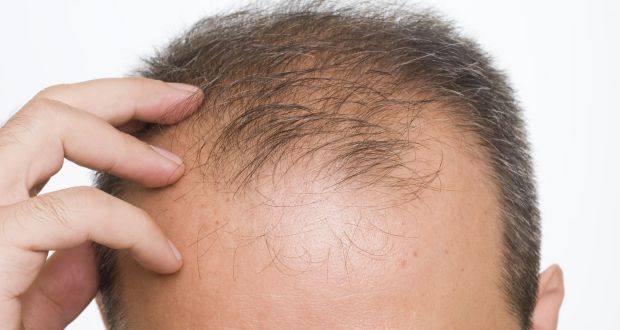
Understanding Hair Loss Factors
Discuss common causes of hair loss such as baldness, alopecia, hormonal imbalances, stress, aging, and chemotherapy, emphasizing the need for effective treatments.
Mechanisms of Hair Follicle Stem Cell Activation
Metabolic Pathways
Detail how hair follicle stem cell metabolism, particularly the production of lactate, plays a crucial role in stimulating hair growth.
Genetic Studies in Mice
Summarize the genetic studies in mice that demonstrated the impact of lactate production on hair follicle stem cell activation and hair cycle acceleration.
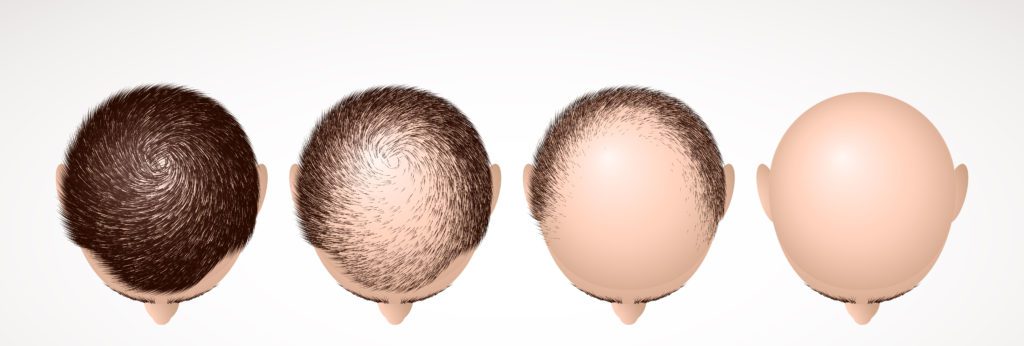
Drugs for Hair Growth Promotion
RCGD423: JAK-Stat Activation
Explain the role of RCGD423 in activating the JAK-Stat pathway, leading to increased lactate production and enhanced hair follicle stem cell activity.
UK5099: Mitochondrial Blockade
Discuss how UK5099 blocks pyruvate entry into mitochondria, thereby promoting lactate production and accelerating hair growth in experimental models.
Clinical Implications and Future Research
Potential Therapeutic Applications
Summarize the significance of UCLA’s research in advancing our understanding of hair follicle stem cells and potential treatments for hair loss disorders.
Explore the potential of JAK-Stat pathway activators and mitochondrial blockers in developing new drugs for treating hair loss disorders in humans.
Future Directions in Hair Regeneration Research
Highlight ongoing and future research directions aimed at translating these findings into clinical applications for patients suffering from hair loss.
Conclusion: Advances in Hair Regeneration Science
References
Ensure comprehensive citations of the original research publication and related studies supporting the efficacy of lactate-driven mechanisms in hair follicle stem cell activation.
These headings and optimizations aim to structure the article effectively for improved SEO and readability, focusing on key aspects of the UCLA research findings, mechanisms of hair growth, and potential therapeutic implications for treating hair loss disorders.
- Published in Blog


